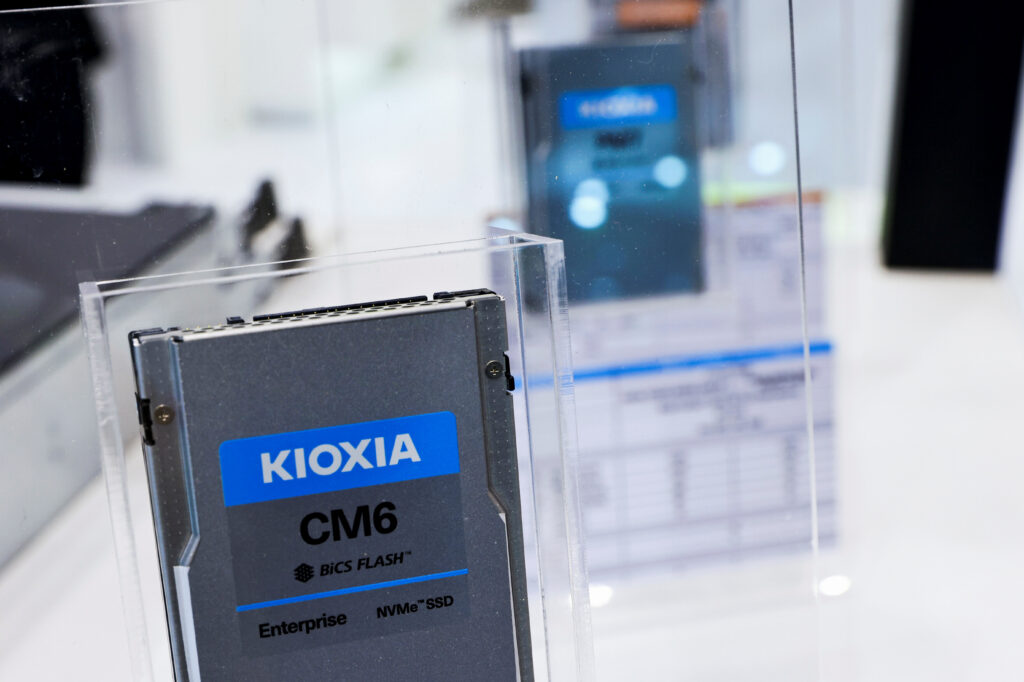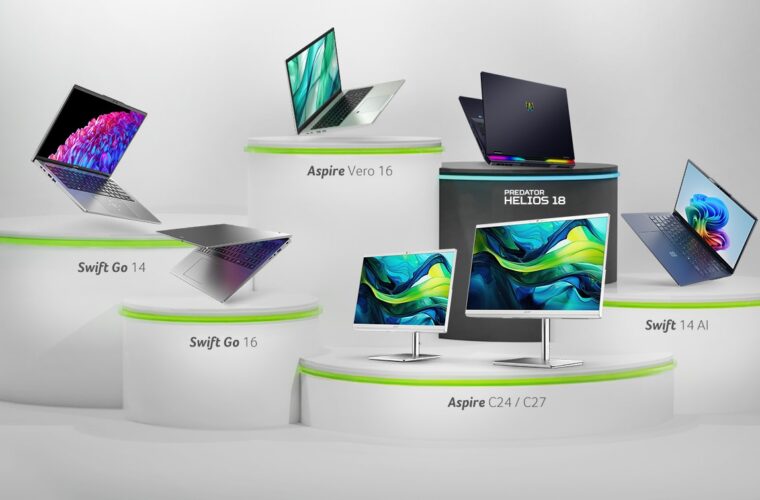By Sam Nussey and Miho Uranaka
TOKYO (Reuters) – Japan’s industry ministry said on Tuesday it would extend subsidies worth as much as 242.9 billion yen ($1.64 billion) for Bain Capital-backed Kioxia and Western Digital to expand memory chip production in Mie and Iwate prefectures.
The funding provides underpinning for the two companies, which have been hammered by a slump in the market for NAND flash chips and whose merger talks stalled late last year following opposition from Kioxia investor SK Hynix.
Japan’s powerful industry ministry aims to reclaim the country’s lost position as a major chip centre by extending subsidies to domestic and foreign chipmakers and secure chip supply amid trade tensions between China and the United States.
“The memory market is expected to grow significantly in the future, including for generative AI,” Japan’s industry minister Ken Saito told reporters.
“The joint investment by Kioxia and Western Digital brings together Japan and the U.S. to fulfil our responsibility to supply the memory the world needs,” he said.
SK Hynix has emerged as a major beneficiary from investment in generative AI with U.S. chipmaker Nvidia using the South Korean firm’s high bandwidth memory (HBM) chips.
Kioxia was spun off from Toshiba, which invented NAND in the 1980s when Japan was a dominant player in global chipmaking.
The subsidies include 92.9 billion yen originally approved in 2022 along with an additional 150 billion yen. Production will include cutting-edge 3D flash memory with investment totalling around 728.8 billion yen.

“The more data is used, the more memory consumption will increase so in that sense global demand will surely grow in accordance with NAND’s characteristics,” an industry ministry official said.
Western Digital, whose shares have gained 12% year-to-date, has said it plans to spin off its flash memory business.
($1 = 148.5500 yen)



